Welcome to the Ladder Creator
What kind of ladder are you looking for?
What’s the difference?
Single Ladder
Single Ladders are your classic ladder types. They run straight up and down where the best player is at the top.
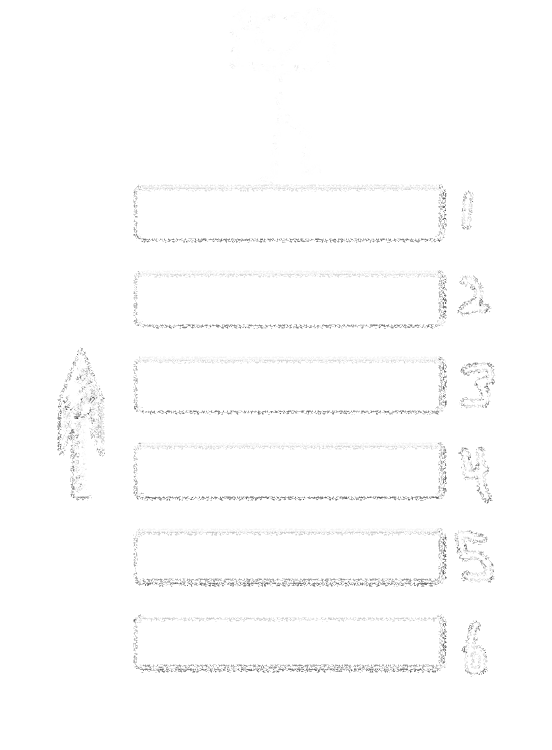
A player’s objective is to get to the top of the ladder. A lower tiered player can challenge a higher tiered player to a game. The winner of that game claims the higher spot.

Beyond that, Huddle Up allows you, as the organizer, to change up the ladder as you see fit. You can select things like how many players you will allow, how long it runs, how many tiers up players can challenge, payment options,…
You can also select variations such as King of the Court, Knock Out, or just keep it simple
Intro Video
Pyramid Ladder
Pyramid Ladders have layers, called tiers, where the largest tier lays at the bottom, like a pyramid.

A player’s objective is to get to the top of the pyramid. To do this, you first need to win your way to the top of your tier. Once at the top, you can challenge a player from the next tier.

As with a single ladder, the winner of a game claims the higher spot. Beyond that, Huddle Up Sports allows you, as the organizer, to change up the ladder as you see fit. You can select things like how many players you will allow, how long it runs, how many players up the next tier a player can challenge, payment options,…

Intro Video
Ladder League
Ladder Leagues provide a mix between ladders and Standard Leagues. Unlike other types of ladders, they run over a specified schedule of rounds, just like a Standard League. Like a ladder, however, this format allows players to play their way up the ranks as the league progresses.
As with other ladders, a player’s objective is to be in the #1 spot when the league comes to an end. After each set of games, players are ranked for the next set of games according to the current round’s results. If they win, they move up, if they lose, they move down the ladder.

They work very well when there are more players than time for games, and player levels are unknown. They allow for like skill matching to happen very quickly in a league format. In this format, there are about half as many game days as there are players. Because of this, not all players will play each other, and some players may play each other more than once. Consequently, final placement may be a factor of games won as well as points scored for like games.



